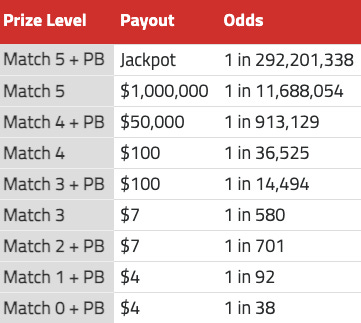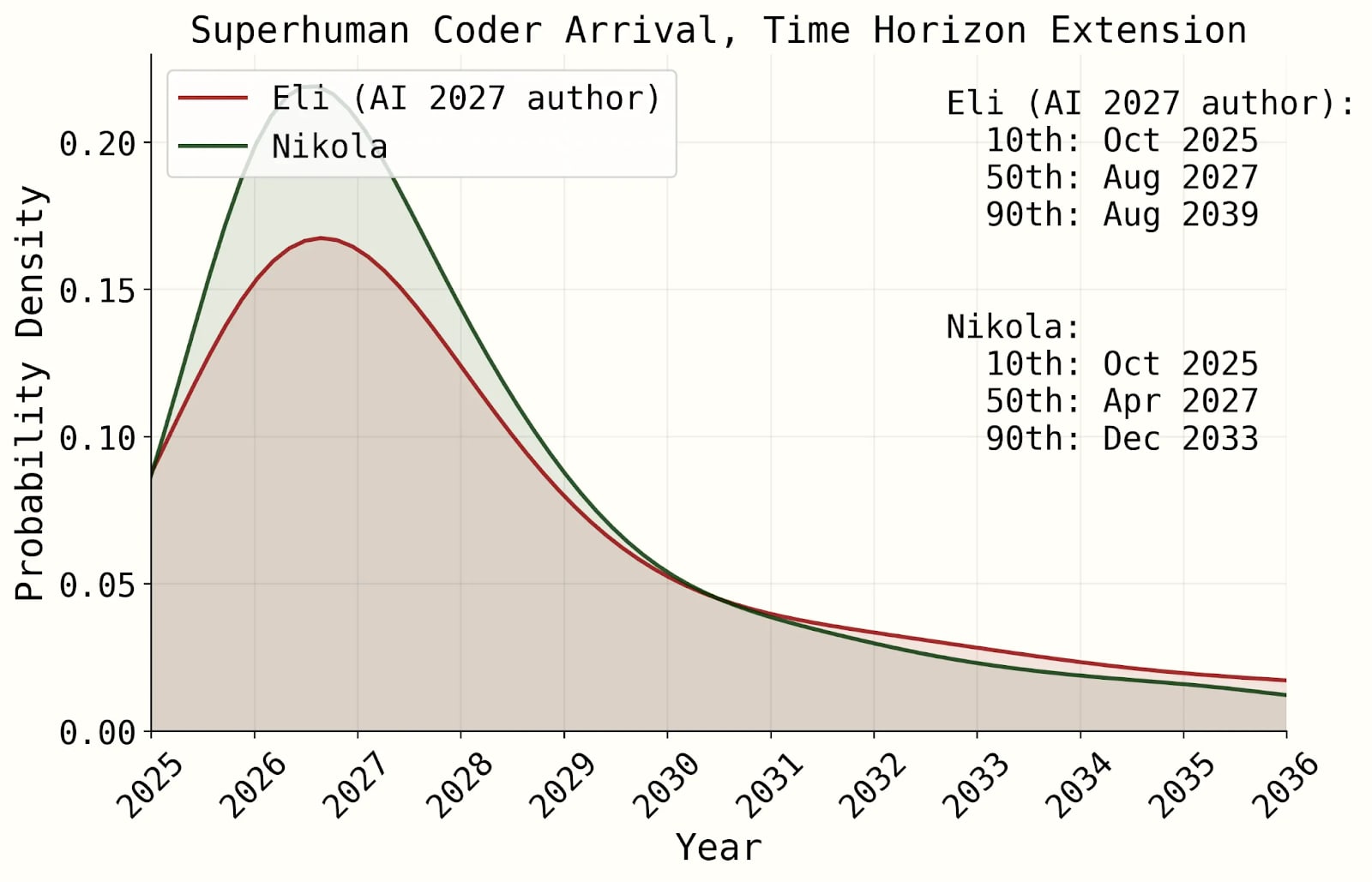Disclaimer: I’m not a lawyer or accountant. Check my work and your own situation before spending money on lottery tickets. I think the calculations are correct. Cross-posted from my Substack.
The Powerball is a lottery that exists in almost all American states. On Monday, November 7, the jackpot is worth $1.9 billion dollars. That figure refers to the prize you would receive if you chose to receive an annuity payment from the lottery. The lottery also lets you claim a lesser lump sum amount instead, which you get upfront. Most experts think this is the right move. On November 7, the lump sum is $929 million. (That figure can change if there are more or fewer tickets sold than expected.)
Gambling is rarely a good move. But for people who would like to give a large share of their gambling winnings to charity, playing this Powerball makes sense because of the tax deduction that you can receive by donating to charity.
The Charitable Tax Deduction, the Income Tax, and the Lottery
The federal government and many state governments require Americans to pay a tax based on the income they receive during the year. Some unusual types of income- capital gains, inheritance income- are sometimes taxed at different rates.
Because the lottery does not pay back all of the money it receives in ticket sales and because winners have to pay taxes on lottery winnings, playing the lottery normally has negative expected value, financially.
The federal government and I believe all states allow you to donate a certain share of your income in a year and not pay income taxes on the donated money, provided you donate to tax-deductible charities. For 2022, you can donate up to 60% of your income in cash and receive a tax deduction! If you give more than 60% of your income in cash, you can carry over those deductions for the next five years. This means you can avoid federal income tax on the majority jackpot prize and the entirety of some of the smaller prizes. (Most states have similar rules.)
If you value a dollar given to a charity of your choice, as much as you value a dollar you keep for yourself from lottery winnings, you might want to buy a Powerball ticket for tomorrow. This is especially true for people who:
Are high-income.
Live in states with low or no income tax.
Would buy many tickets, reducing transaction costs per ticket.
Powerball Prizes
The Powerball offers a variety of prizes. The jackpot is divided between all players with the right numbers on their ticket. When no one wins, the money carries over to the next lottery. The other prizes are awarded to every ticket that has the specified number of matching numbers. Powerball.net helpfully breaks down the odds.
If you have a middle-class income and are not currently exhausting your charitable tax-deduction, you should be able to donate the entire value of all prizes up to $50,000 with no federal income tax implications.
If you multiply these prizes by the probability of receiving them and sum them, you get a figure of approximately $0.0235. The price of a Powerball ticket is $2 so you’re in the hole. Adding in the $1 million prize helps. If you donate $600,000 of the $1 million prize and you’re a high-earner you might have to pay 37% income tax on the remaining $400k. That means the $1 million prize is worth $852K to you. Weighting that prize by its odds and adding it to the other prizes, that lottery ticket is now worth $0.308.
The value of the jackpot prize depends on how many people you expect to share it with.
How Many Other Players and Winners?
If you have a winning ticket, how many other people are you probably splitting the jackpot with? That depends on how many other people played that Powerball draw. Lottoreport.com provides the number of Powerball tickets purchased per draw. Generally, more tickets are sold when the jackpot is higher. Powerball drawings occur on Monday, Wednesday, and Saturday. Monday draws have lower sales- perhaps because there are only two days from the previous draw and people don’t like to gamble on Sunday.
Monday had average sales of 13.3 million tickets.
Wednesday had average sales of 18.2 million tickets.
Saturday had average sales of 25.6 million tickets.
That tomorrow is a Monday is really good for the value of playing the Powerball.
To estimate the number of expected tickets sold for tomorrow’s drawing I ran a linear regression of tickets sold with two independent variables: day of draw and advertised jackpot. The model predicts 220 million tickets to be sold. If you have a winning ticket how many winning tickets should you expect there to be in the other 220 million tickets told? I used an online binomial probability calculator for these probabilities.
There is a 47% chance there will be zero other winning tickets.
There is a 35% chance there will be one other winning ticket.
There is a 13% chance there will be two other winning tickets
There is a 3% chance there will be three other winning tickets
There is a 0.6% chance there will be four other winning tickets.
The other outcomes have negligible probabilities, so I ignore them. Assuming you donate 60% of the jackpot, pay 37% tax on the rest of the jackpot, you get 85.2% of the value of the jackpot. With a lump sum of $929 million and potentially having to share it with others, the expected value that comes from the chance to win a jackpot per lottery ticket is $552 million divided by 292 million or $1.89. Of course there is also the expected value of approximately $0.31 from non jackpot prizes.
The expected value of a ticket for people who live in states without income taxes and max out their charitable contribution deductions is $2.20. The cost of a ticket is $2. it looks like buying a Powerball ticket offers a 10% return if you don’t have to deal with state income tax.
Should You Buy A Ticket?
Whether you individually buy a ticket is up to you. The expected gain per ticket even under fortunate circumstances is only $0.20. You’d have to risk a ton of money to gain enough in expected value terms to offset the costs of time of purchasing tickets, checking tickets, and in states where you can only use cash for lottery tickets, going to the ATM.
You might on principle refuse to gamble or refuse to gamble due to risks of gambling addiction.
If you do gamble and and are charitable, buying a Powerball ticket sounds like a good deal. Before making a decision, check out your own tax situation and the calculations here.
Notes
I am assuming players are not paying extra for “Powerplay” tickets. I haven’t done the math but I’m fairly confident they’re a bad idea.
I used the expected jackpot figure rather than the actual jackpot figure, because I assumed the posted figure was what motivated sales.
The 220 million figure seems reasonable. The model is simple and eyeballing the recent trends, the Monday sales are often lower than the Saturday sales even as the jackpot rises.
I used R for linear regression.




Sales tax: Interesting. I live in a state with sales tax but it doesn't apply to lottery tickets.
Could also make sense for people who don't itemize so don't benefit from charitable deduction but would itemize if they won the larger prizes.